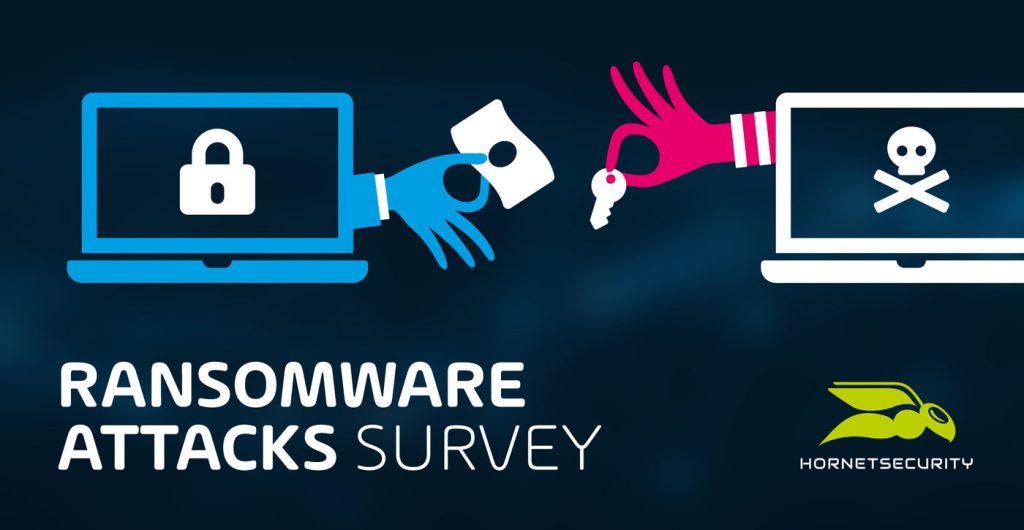What is a scam? Google defines a “scam” as a dishonest scheme and or fraud. Scammers tend to attack individuals but they also try to target website owners as websites contain Sensitive information of large amounts of people. As the people who control technology advance so does technology but not all people who control technology are good, there are many scammers. And with humans being forevermore advancing that means that technology scams are also forevermore advancing. In my blog, I’m going to be talking about new trending popular scams that you may not be familiar with such as SEO scams, Domain name scams, Ransomware attacks, and social engineering scams.
.1 Domain Name Scams

What is a domain name scam? Well, a domain name scam is when a party tries to deceive the current domain owner of a website with the intent of acquiring their domain name or getting current domain owners into paying an inflated price to keep their domain name. Scammers do this by sending the website owners false information such as made-up documentation and forged notices. Ways that a website owner can avoid getting bamboozled by this form of scam by actively and closely monitoring their domain registrations.
.2 SEO Scams

What is an SEO scam? Well let us try and understand what SEO is SEO stands for Search Engine Optimization and it helps with making your website visible to others the goal of SEO is to increase the relevance of good websites that are well constructed. SEO scam capitalizes on what SEO stands for and promise website owners with false promises of quick fixing and guaranteeing that they’ll help the website owners get their website to a higher ranking and help it get more exposure when in reality they just take the money and don’t do anything. The ways that a website owners can avoid scammers like this by doing indebt research before hiring somebody to do their SEO they can do this by looking for testimonials and reviews of the person/business.
.3 Ransomware attacks

What is a ransomware attack scam? Well, A ransomware attack scam is when criminals hold for ransom important data or prevent a company from accessing important data until they pay the criminals a specific amount of money for the data. This event actually happened at my school Dauphin County Technical School (DCTS) in 2023 and we decided to not pay it and it still worked out for us! One way I think businesses can avoid getting into situations like this is by hiring good cybersecurity specialists to maintain, protect, and regulate their data.
.4 Social engineering scams

What are social engineering scams? Well, social engineering scams involve using psychology to manipulate people, Some examples of social engineering scams are impersonation, pretexting, and sending phishing links through social media such as emails, LinkedIn, and Imsg. The main goal of social engineering scams is to manipulate people into thinking that they’re somebody you know and they need you to send them money or buy something from some website from them. I think some ways that social engineering can be avoided by businesses is by giving workers classes that instruct them on simple cyber security so they can quickly and effectively detect scams and protect themselves while also protecting the business with them.
Conclusion
Popular scams in 2024 include scams such as SEO scams, Domain name scams, Ransomware attacks, and social engineering scams. A domain name scam is when a party tries to deceive the current domain owner of a website with the intent of acquiring their domain name or getting current domain owners into paying an inflated price to keep their domain name, . SEO scam capitalizes on what SEO stands for and promise website owners with false promises of quick fixing and guaranteeing that they’ll help the website owners get their website to a higher ranking and help it get more exposure when in reality they just take the money and don’t do anything, A ransomware attack scam is when criminals hold for ransom important data or prevent a company from accessing important data until they pay the criminals a specific amount of money for the data. Well, social engineering scams involve using psychology to manipulate people, Some examples of social engineering scams are impersonation, pretexting, and sending phishing links through social media such as emails, LinkedIn, and Imsg. I hope my blog helped any new website owners.




